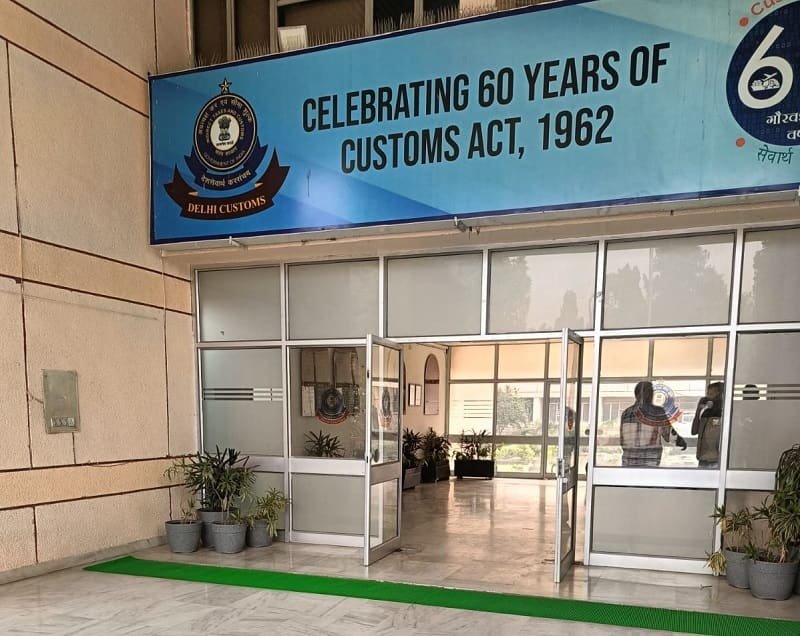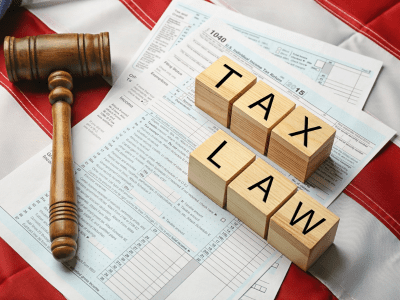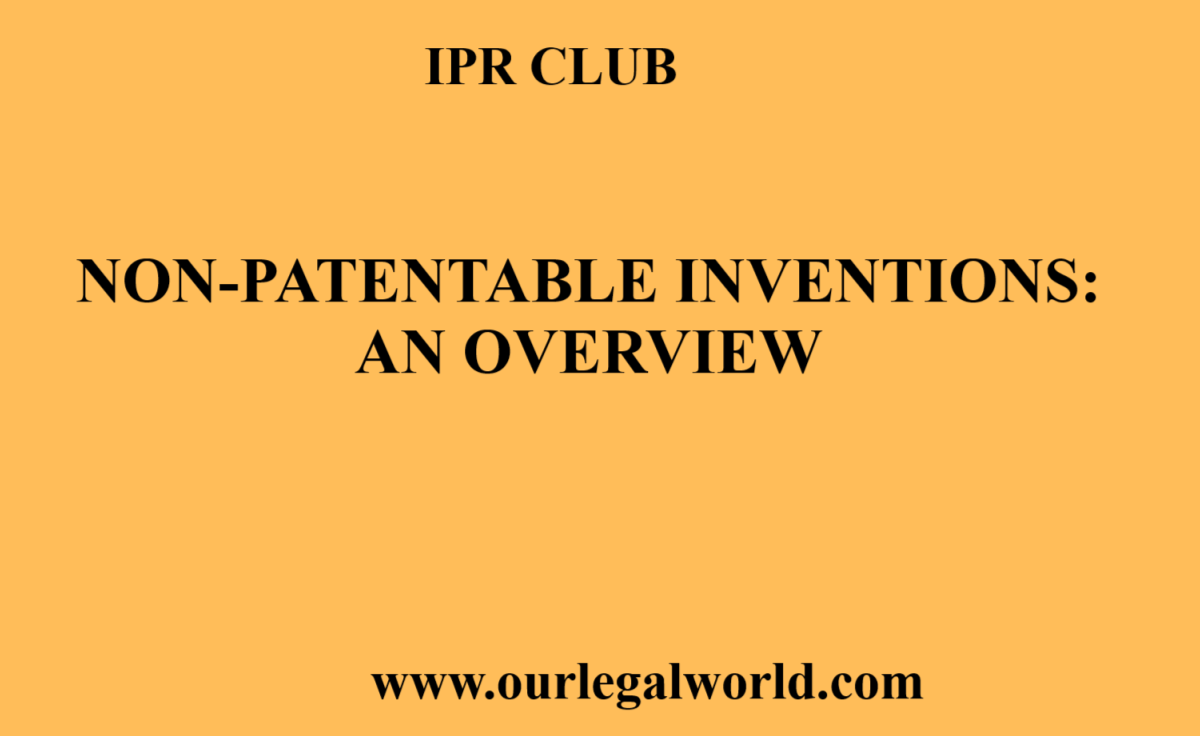IMPORTANT JUDGMENT SUPREME COURT 29th January, 2019
1. SWARAJ INFRASTRUCTURE PVT. LTD. V. KOTAK MAHINDHRA BANK LTD.
The bench comprising Justice Rohinton Fali Nariman and Justice Navin Sinha dismissed appeals against Bombay High Court judgment that had rejected the contention that once a secured creditor has obtained an order from the DRT, and a recovery certificate has been issued thereupon, such secured creditor cannot file a winding up petition as the Recovery of Debts Act is a special Act which vests exclusive jurisdiction in the DRT.
Court held that a secured creditor can file a winding up petition after obtaining a decree from the Debts Recovery Tribunal [“DRT”] and a recovery certificate based thereon.
Recovery of Debts Due to Banks and Financial Institutions Act, 1993 – Sections 17, 18, 19, 34 – Jurisdiction, powers and authority of Tribunals – Bar of jurisdiction – Application to the Tribunal – Act to have overriding effect
Companies Act, 1956 – Sections 434, 439, 441, 529 – Company when deemed unable to pay its debts – Provisions as to applications for winding up – Commencement of winding up by Tribunal – Application of insolvency rules in winding up of insolvent companies.
2. Harbans Kaur v. Iqbal Singh
Rent Control Act, 2001 (Rajasthan) – Sections 4, 6, 7, 9 and 14 – Rajasthan Premises (Control of Rent and Eviction) Act, 1950 – Rent to be as agreed – Revision of rent in respect of existing tenancies – Revision of rent in respect of new tenancies – Procedure for revision of rent.
Rent Control Act, 2001 (Rajasthan) – Rajasthan Premises (Control of Rent and Eviction) Act, 1950 – S. 6 – Fixation of Standard Rent.
3. State of Madhya Pradesh v. Dharmendra Rathore
Madhya Pradesh Rajya Suraksha Adhiniyam, 1990 – Sections 3, 4, 13 and 18 – Power to make restriction order – Dispersal of gangs and bodies of persons – Power of externment of State Government – Delegation of power and duties of District Magistrates.
In the present case, the State Government had issued a notification under Section 13 delating the power of the District Magistrate to the Additional District Magistrate.
In the Statutory Scheme of the Adhiniyam, 1990, there is no provision, which prohibit passing an order by an officer lower than the rank of District Magistrate rather under Section 13, there is no limitation on the State Government while specially empowering an officer of the State to exercise the power of District Magistrate under Sections 3, 4, 5 and 6 and further under Section 18, the powers and duties of District Magistrate can be directed to be exercised or performed by Additional District Magistrate or Sub -Divisional Magistrate for such areas as may be specified in the order. Thus, the Scheme of the Adhiniyam, 1990 clearly contemplate exercise of the power of District Magistrate under Sections 3, 4, 5 and 6 by an Additional District Magistrate or Sub -Divisional Magistrate.
4. SANGATA SANA V. ABHIJIT SANA & ORS
The bench comprising Justice L Nageswara Rao and Justice MR Shah dismissed a special leave petition filed by the ‘wife’ against Calcutta High Court order.
Calcutta High Court judgment which held that entitlement of a wife to claim residence in the shared household is only when she could establish domestic violence.
In this case, the wife had filed a case under the Protection of Women from Domestic Violence Act, 2005 seeking right of residence in the share household and for maintenance to herself and her daughter. The Magistrate dismissed her application. On appeal, the District court held she has a right to accommodation in the share household and maintenance of Rs. 2, 500 for herself and Rs. 4,000 for the child.
While considering her appeal, the Apex court bench observed: “We are in agreement with the finding recorded by the High Court that there is absolutely no evidence to prove domestic violence.”
Calcutta High Court judgment which held that entitlement of a wife to claim residence in the shared household is only when she could establish domestic violence.
In this case, the wife had filed a case under the Protection of Women from Domestic Violence Act, 2005 seeking right of residence in the share household and for maintenance to herself and her daughter. The Magistrate dismissed her application. On appeal, the District court held she has a right to accommodation in the share household and maintenance of Rs. 2, 500 for herself and Rs. 4,000 for the child.
While considering her appeal, the Apex court bench observed: “We are in agreement with the finding recorded by the High Court that there is absolutely no evidence to prove domestic violence.”






![Jamia Hamdard Mediation Competition 2025 at School of Law, HILSR [21st February 2025]](https://ourlegalworld.com/wp-content/uploads/2024/12/Screenshot-11-min-1.png)


